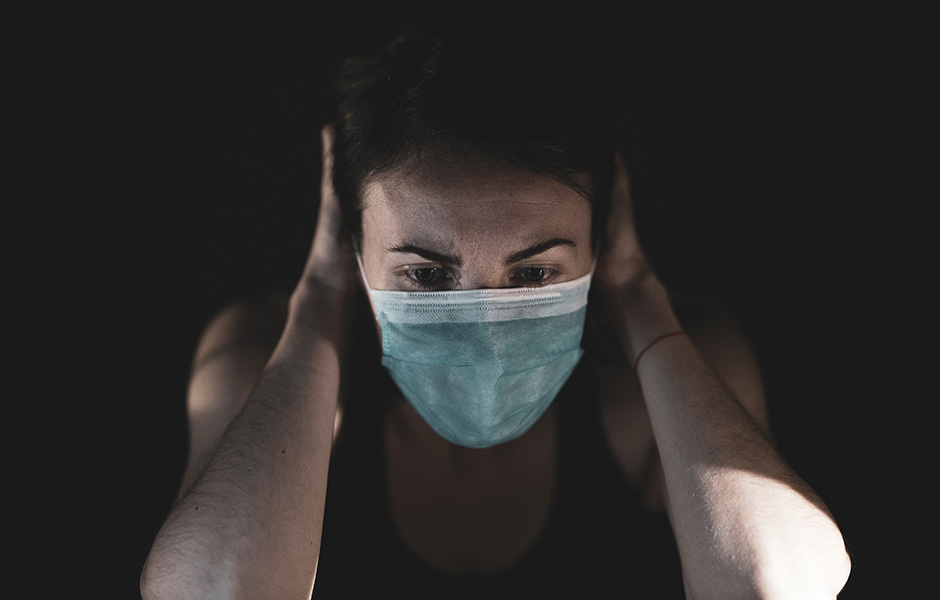Portuguese nurses are today more anxious, with more depression symptoms and with higher levels of stress, as a result of the COVID-19 pandemic.
This is one of the preliminary results of a longitudinal study that is being developed by researchers from CINTESIS – Center for Health Technology and Services Research. The objective is to assess the impact of the new coronavirus on the mental health of nurses.
“Most Portuguese nurses have pathological levels of anxiety, levels that are significantly higher than indicated for the period before the start of the pandemic”, says Francisco Sampaio, a CINTESIS researcher and one of the study’s coordinators, which also involves Carlos Sequeira and Laetitia Teixeira.
The researchers evaluated a total of 767 nurses who work in a clinical setting, by conducting an online questionnaire, and found an increase of about 40% in their anxiety levels. The surveyed nurses admit that they are more nervous, more restless, more insecure, tenser and more concerned with the future.
According to Francisco Sampaio, “these data refer to a relatively early moment of the pandemic (between March 31 and April 7), a period of great changes and uncertainties, which can help to justify the increase in anxiety symptoms, but it is possible that the prolongation of the situation in time may also lead to an increase in depression symptoms ”.
When crossing these data with working conditions, the researchers concluded that depression symptoms, anxiety, and stress are higher when nurses understand that personal protective equipment (PPE) is not the most appropriate, either in quantity or in quality.
In this survey, about 45% of nurses believe that the quantity of masks available is not adequate and 52% perceive their quality as unsatisfactory. But it is in relation to goggles or face shields that the perception of quantity and quality is the lowest. Almost 55% think they are not adequate.
“There is also a high fear of infecting friends and family, a fear that translates into higher levels of anxiety, stress, and depression symptoms. On a scale from 0 to 10, the fear of being infected by SARS-CoV2 is 7.6, but the fear of infecting family or friends amounts to 8.9,” says the CINTESIS researcher.
About 10% of nurses surveyed are displaced from their usual residence, which translates into increased levels of depression symptoms. Most of these cases refer to nurses who are voluntarily away from home to protect the family from possible infection.
The researchers also found a relationship between the increase in the number of hours worked (42 hours per week on average) and the increase in levels of anxiety, stress and depression symptoms.
This survey also reveals that 57% of nurses rate their sleep as bad or very bad and that 48% rate their quality of life as bad or very bad.
Despite the increase in anxiety, stress, and depression symptoms, only 1.4% of nurses sought some type of support service, such as online consultations or telephone support lines. This low demand seems to reveal some devaluation of symptoms, even when at pathological levels.
CINTESIS researchers will apply the survey to nurses every two weeks. The study is expected to continue until the end of the pandemic.

